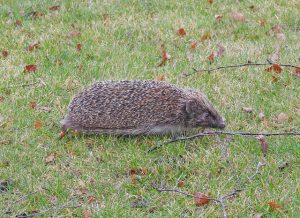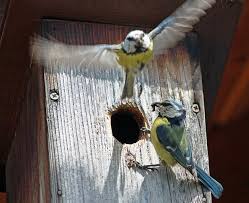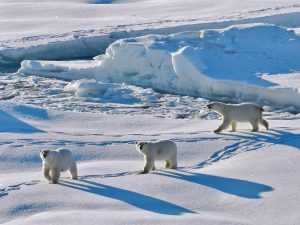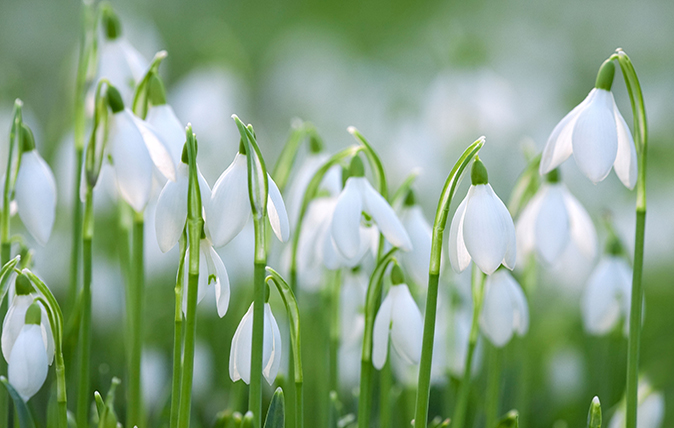What are primary teaching themes in February? There are National Hedgehog Day, World Wetlands Day, National Nest Box Week and The International Polar Bear Day. Connect the four and include these into your half-term winter curriculum to educate the true citizens of the future. These nature-centred events can help make English, maths, geography, history, DT, citizenship and many other subjects meaningful to the pupils of any age.
First winter half term can be dreary after the Christmas hustle and bustle. It is still a long way to spring and being able to enjoy great outdoor learning activities. However, February is not as dull as it looks. This cold month offers many heartwarming events, and you can make the February curriculum stand out on a grey winter day. How? Go green and make your primary teaching themes in February all about nature.

2 February – National Hedgehog Day
Did you know that the population of hedgehogs are declining? This is terrible news for all of us as hedgehogs play an essential role in our ecosystem. There are several useful sites dedicated to learning about hedgehogs and helping to preserve the UK’s hedgehogs’ population. Visit Hedgehog Street or Britsh Hedgehog Conservation Society.
2 February – World Wetlands Day
Another important day is World Wetlands Day. Wetlands are areas of land permanently or seasonally.
Wetlands are land areas that are saturated or flooded with water either permanently or seasonally. Inland, coastal, and ma-made are the three type of wetlands that exist all over the world. From lakes, marches, ponds and floodplains to mangroves, lagoons and coral reefs, wetlands are home to 40% of all species that rely on freshwater wetlands.
In the UK Peter Scott, the Antarctic explorer Captain Scott’s son set up 1st the Wildfowl & Wetlands Trust at Slimbridge in 1946 as a centre for science and conservation. There are nine Wetland Centres in the UK, which the school can visit to study UK’suniques flora and fauna.
An even more fantastic alternative to a wetlands visits building of a school’s very own playground pond. Pond-building offers a real long-term project. From fundraising to annual maintenance. The pond will offer hours of outdoor learning opportunities and space for meditation and nature encounter in any school type. RSPB charity offers a step-by-step guide to miniature pond more information about pond building.
While it might to too cold to build your school own wetland, February is a good time to start the planning, designing and working as a team.

14-21 February – National Nest Box Week
The 14th-21st February is National Nest Box Week! For your primary teaching themes February is the month to start the bird watching. Many ideas https://www.rspb.org.uk/birds-and-wildlife/ All you need to do is to look around you to find beautiful birds.
Apply your maths skills to worthwhile DT project in which your children can build bird boxes. Use the National Nest Box Week to look after your bird boxes and make more nesting spaces for birds. Visit Nest Box Week and The British Trust for Ornithology (BTO) for further information and practical advice.

27 February – The International Polar Bear Day
Travel further afield and study Geography by learning about The International Polar Bear Day. Polar bears are the largest bear species who live within the Arctic Circle. The international day is at the time when bear cubs and mums snug in the dens. Help children to follow the bear on their life adventure. Teach your pupils to understand how vulnerable these magnificent kings of Antarctic.
Other ideas for your primary teaching themes February
There are also many workshops that can embed any of the nature-themed days for nature-related primary teaching themes in February Explore nature through drama workshops by acting out some very famous animal stories like The Wind in the Willow. Alternatively, you can enhance your English lessons to invite a storyteller to write and teach children’s to tell their own nature stories which will help them to dream big.

